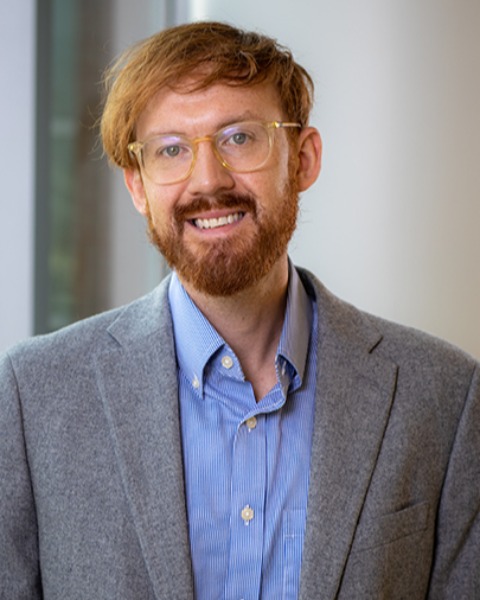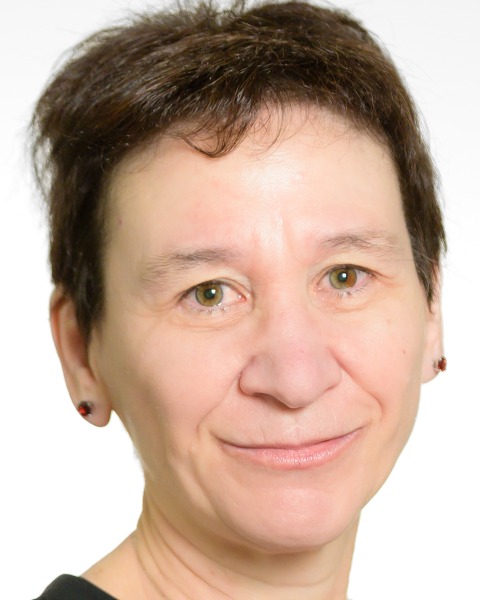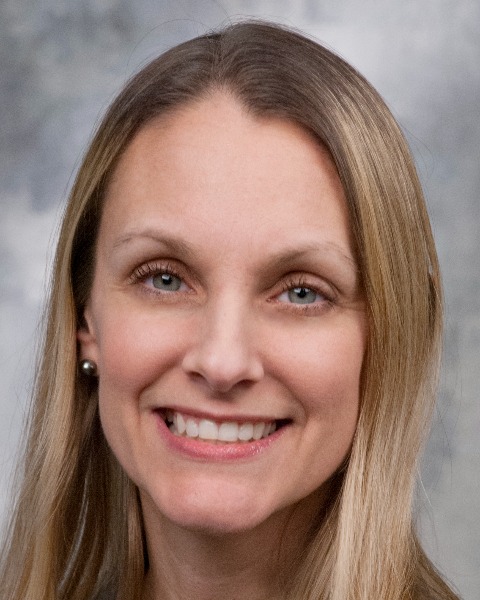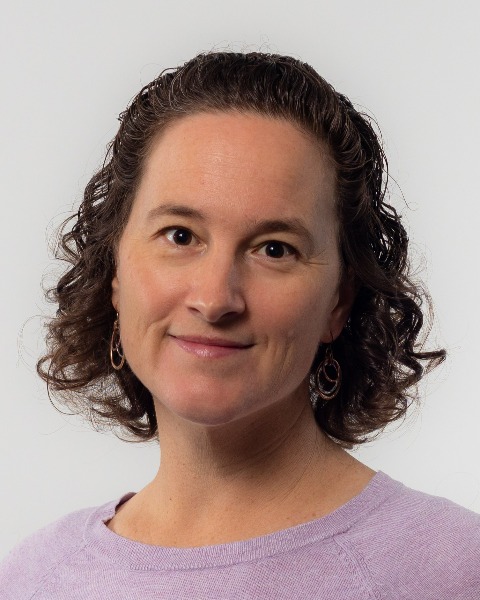Behavioral and Social Sciences
Examples of Engaging Hard-To-Reach Populations in Clinical Research
-

Evan Plys, PhD (he/him/his)
Assistant Professor
Center for Health Outcomes and Interdisciplinary Research
Massachusetts General Hospital/ Harvard Medical School
Boston, Massachusetts, United States -

Melissa Gerald, PhD (she/her/hers)
Program Director
Division of Behavioral and Social Research
National Institute on Aging
Bethesda, Maryland, United States -

Evan Plys, PhD (he/him/his)
Assistant Professor
Center for Health Outcomes and Interdisciplinary Research
Massachusetts General Hospital/ Harvard Medical School
Boston, Massachusetts, United States -
.jpg)
Rafael Samper-Ternent, MD, PhD (he/him/his)
Associate Professor
School of Public Health
UTHealth Houston
Houston, Texas, United States -

Lisa Barry, PhD, MPH, FGSA (she/her/hers)
Associate Professor
Psychiatry
UConn Center on Aging
Farmington, Connecticut, United States -

Ellis Dillon, PhD (she/her/hers)
Assistant Professor
Center on Aging
UConn Health
Farmington, Connecticut, United States
Chair(s)
Discussant(s)
Individual Symposium Abstract First Author(s)
Individuals, communities, and settings that are systematically and historically under-represented in research are sometimes referred to as “hard-to-reach” populations. Investigators often face additional challenges to engaging hard-to-reach populations, as research commonly occurs in settings or situations where clinical science has not historically taken place. The perspectives of hard-to-reach participants are vital for moving toward health equity. Yet, investigators must be equipped with specific strategies and tools to conduct high-quality clinical research with hard-to-reach populations. In this symposium, a diverse panel of speakers will present examples of research with various hard-to-reach patient populations and settings. The first discusses research targeting socioeconomically disadvantaged short-stay skilled nursing residents and their care-partners. This presentation highlights challenges and solutions for partnership formation, budgeting, recruitment, and engaging community advisors in skilled nursing facilities. The second centers on research with Hispanic families caring for an elder living with dementia. This presentation highlights challenges and solutions for recruitment as well as language translation and cultural adaptation of study materials. The third discusses research with incarcerated older adults and those receiving treatment from outpatient substance use disorder clinics. This presentation highlights challenges and solutions for recruitment, assessment, and adapting protocols in these settings. The final discusses research with adults receiving Hospice care for advanced cancer. This presentation highlights practical, ethical, and cultural considerations for engaging participants in their final months of life. We conclude with a broader discussion of approaching clinical research with hard-to-reach populations, with the ultimate goal of inspiring investigators to enhance the reach of their science.
Learning Objectives:
- After attending this session, participants will be able to identify strategies for preparing protocols for research targeting hard-to-reach populations and settings.
- After attending this session, participants will be able to identify challenges and solutions to conducting research with hard-to-reach populations and settings.
- After attending this session, participants will be able gain insights into bioethical considerations for research with hard-to-reach populations and settings.
Presentations:
-
4:30 PM – 6:00 PM ETBuilding Resilience in Skilled Nursing (BRISK): A Case of Community-Engaged Research in Skilled Nursing Facilities
Individual Symposium Abstract First Author: Evan Plys, PhD (he/him/his) – Massachusetts General Hospital/ Harvard Medical School
-
4:30 PM – 6:00 PM ETChallenges and Opportunities for Recruitment and Retention of Older Hispanics for Clinical Research
Individual Symposium Abstract First Author: Rafael Samper-Ternent, MD, PhD (he/him/his) – UTHealth Houston
-
4:30 PM – 6:00 PM ETRecruiting Samples of Older Adults From Vulnerable Groups
Individual Symposium Abstract First Author: Lisa C. Barry, PhD, MPH, FGSA (she/her/hers) – UConn Center on Aging
-
4:30 PM – 6:00 PM ETTechniques for Overcoming Challenges to Research With Individuals Nearing the End of Life
Individual Symposium Abstract First Author: Ellis C. Dillon, PhD (she/her/hers) – UConn Health
